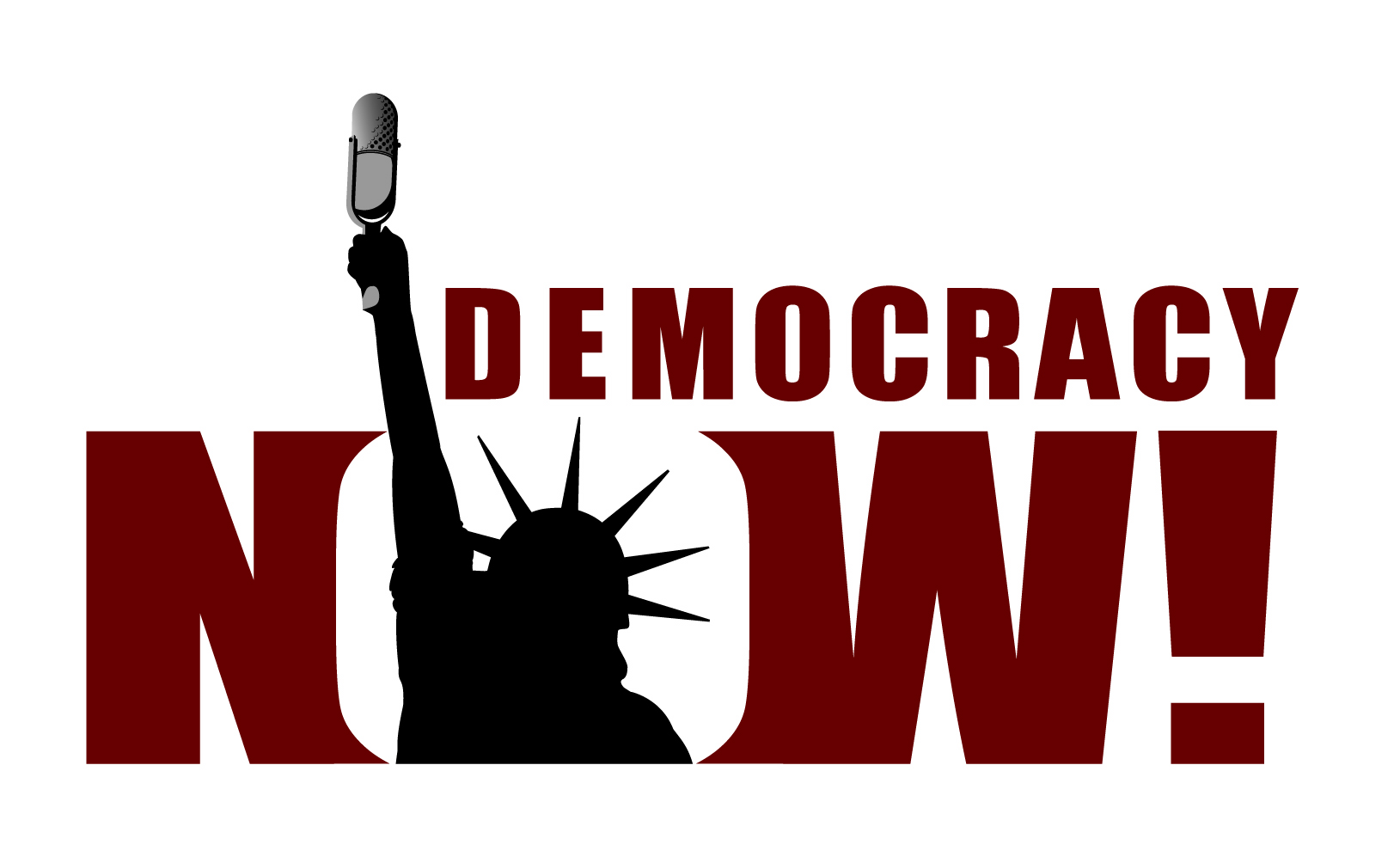In my capacity as a secondary history educator, I strategically incorporated a Democracy Now! interview clip featuring Rashid Khalidi to provide nuanced context and analysis regarding the ongoing humanitarian crisis in Gaza. Khalidi, a distinguished scholar in Middle Eastern studies, offered a profound perspective that transcended mainstream narratives. The interview not only illuminated historical roots but also shed light on the contemporary complexities of the crisis. As a pedagogical tool, this interview clip became a catalyst for critical discussions in my high school classroom, fostering a more comprehensive understanding of the sociopolitical factors contributing to the situation. By engaging my students with Khalidi’s insights, I aimed to cultivate a critical awareness of diverse perspectives, encouraging them to question dominant narratives and develop analytical skills essential for informed citizenship.
The integration of Rashid Khalidi’s
Democracy Now! interview was instrumental in elevating the discourse within my secondary history classroom. Khalidi’s scholarly authority and nuanced articulation provided students with a substantive foundation for comprehending the intricacies of the Gaza crisis. Through focused discussions and follow-up activities, students were prompted to connect historical antecedents with contemporary geopolitical dynamics, fostering a more profound appreciation of the complexities inherent in the situation. This approach not only enriched the learning experience but also empowered students to develop critical thinking skills essential for navigating the multifaceted dimensions of global issues. Moreover, by introducing alternative perspectives through the interview, I sought to instill in my students an intellectual curiosity and a commitment to considering diverse viewpoints in their evaluation of complex historical and contemporary challenges.







Twitter
Google plus
LinkedIn